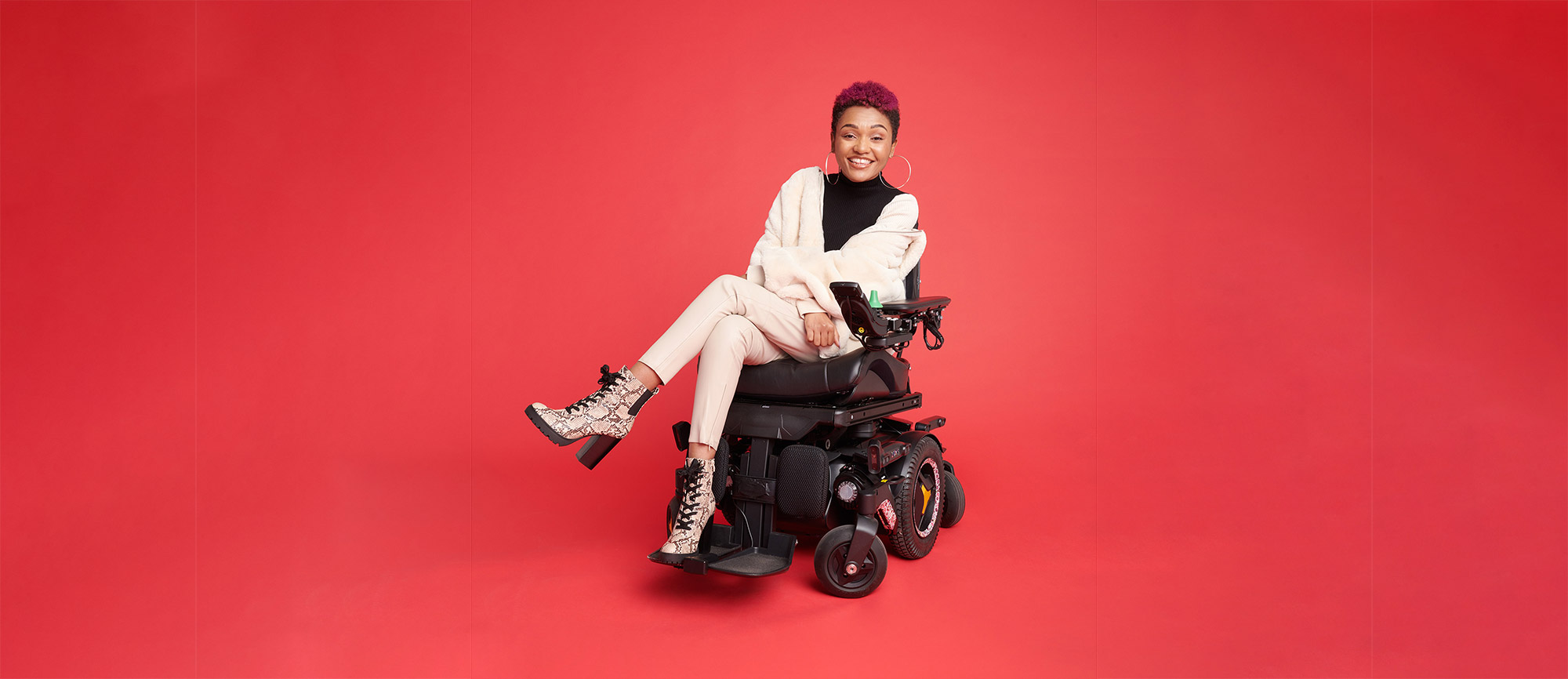Cloud, sensor and driver assistance technologies have changed the way we drive cars, use phones, shop and communicate with friends, at LUCI we’re the first one’s bringing those to wheelchair riders.
As LUCI’s CEO Barry Dean says, “We are listening to customers and clinicians as they ask for more safety features and for their chair to become a command center. My phone is more than just a phone, I rely on it for so many things as a digital citizen. At LUCI we’re creating the platform that can allow the same kind of revolution in power mobility.”
This Global Accessibility Awareness Day (GAAD), we’re honored to elevate the voices of changemakers in accessibility over the years, and spread awareness of how far we’ve come and how far left there is to go. From dreamers and innovators comes disruption for good, and we at LUCI are honored to align ourselves with like minded people and companies who don’t accept the status quo as acceptable.
We’re grateful GAAD is finally getting the recognition and attention it deserves. We encourage our partners, customers, and friends to look around your world with curiosity,, and practice empathy with others, each and every day until real change is made. Here are a few events, moments and changemakers taking action. While it’s an incomplete list – it’s a place to start.
Awareness Events
- Evolution of Accessibility: Pre and Post COVID
Discover the origins of accessibility and discuss how it has been affected by the pandemic—and where we go from here.
Learn more - Global Accessibility Awareness Day GAAD 2021 Meet-Up
Look back at the impact of GAAD in the last ten years and learn firsthand how co-founder of GAAD, Jennison Asuncion champions accessibility in the tech world.
Learn more - Disability and Race: A Discussion about Stigma, Culture and Resources
In this discussion event, learn from professionals of color who also live with disabilities about the stigma of disabilities, how allocation of resources do not favor communities of color, and more.
Learn more - Webinar: 5 Tips For Better Digital Content Accessibility
This live webinar explores the question: how do we all ensure the online content we produce is accessible and inclusive for all?
Learn more
Moments in Accessibility: The Built World
- Ramps
Ramps date all the way back to the Egyptians, but it wasn’t until 1990, with the passing of ADA, that wheelchair ramps became a requirement for businesses and public spaces. (Med Plus Health/The Atlantic) - Power Wheelchairs
The first power wheelchair was developed in 1952 for WWII veterans that returned paralyzed or unable to push a manual wheelchair. (UnitedSpinal.org) - Wheelchair Lifts
Ralph Braun created the first ever wheelchair lift in 1966 out of necessity for getting himself to his job. Today, wheelchair lifts can be found in buildings, homes, and vehicles to meet accessibility requirements. (Braun Ability) - Curb Cuts
One of the first curb cuts in the US was installed in Michigan in 1945, to help disabled WWII veterans. Today curb cuts can be found across the country and are widely overlooked as a key “assistive technology.” (AmericanHistory.si.edu) - Next Up:LUCI
LUCI is a smart device that connects to power wheelchairs to enhance independence and safety for riders. We’re a scrappy team of engineers and dreamers reimagining mobility for wheelchair riders, like our founder’s daughter, Katherine.
Changemakers in Accessibility
- Accessible Yoga Association
Through education and advocacy, the Accessible Yoga Association shares the teachings and beliefs of yoga with those who have been marginalized. - Disability Rights Advocates
Their mission is to advance equal rights and opportunity for people with all types of disabilities nationwide. - Infinite Flow Dance
To dismantle biases, promote inclusion, celebrate intersectionality, and encourage people to learn something new about themselves and the world around them. - Cur8able
Driven by the mission to use fashion styling as a tool to challenge negative perceptions of people with disabilities. - Lauren “Lolo” Spencer
Diagnosed with ALS at 14, Lolo has become a disability lifestyle influencer. With video topics ranging from fashion tutorials to dating to life’s everyday challenges, model campaigns for designers including Tommy Hilfiger, and acting appearances, she’s hitting her goal of dispelling society’s narrow views of people with disabilities. - Aimee Mullins
Aimee Mullins was born without fibular bones, and had both of her legs amputated below the knee when she was an infant. She learned to walk on prosthetics, then to run — competing at the national and international level as a champion sprinter, and setting world records at the 1996 Paralympics in Atlanta.














